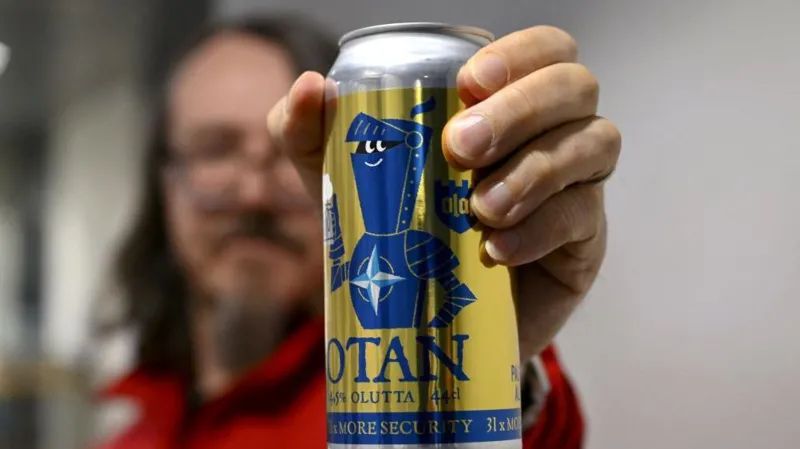While maintaining broader state monopolies, Sweden and Finland have taken steps to loosen their stringent alcohol sales regulations.
The Stockholm government plans to permit “farm sales,” in which alcoholic beverage makers sell directly to tourists.
Meanwhile, the Finnish parliament has increased the 5.5% alcohol limit on the sale of fermented drinks, such as wine, cider, and beer, to 8% in supermarkets.
Alcohol is often exclusively available for purchase in state-owned stores, bars with licenses, and restaurants in Sweden and Finland.
These are the only nations in the EU with monopolies on alcohol. The long-standing custom, which tries to restrict consumption for the sake of public health, is a component of a larger Nordic heritage.
The rule pertaining to fermented drinks was approved by Finland’s Members of Parliament by a vote of 102 to 80, with all members of the ruling Christian Democratic party voting against it.
Fearing a spike in alcohol use, many opposed to the legislation defended their stance on health grounds.
Shops will start stocking the heavier wines, beers, and ciders as early as next week. However, the new law does not apply to distilled beverages.
In the meanwhile, the center-right government of Sweden intends to support business owners by allowing people who visit the producers’ locations to purchase wine, beer, cider, and spirits on a modest scale.







